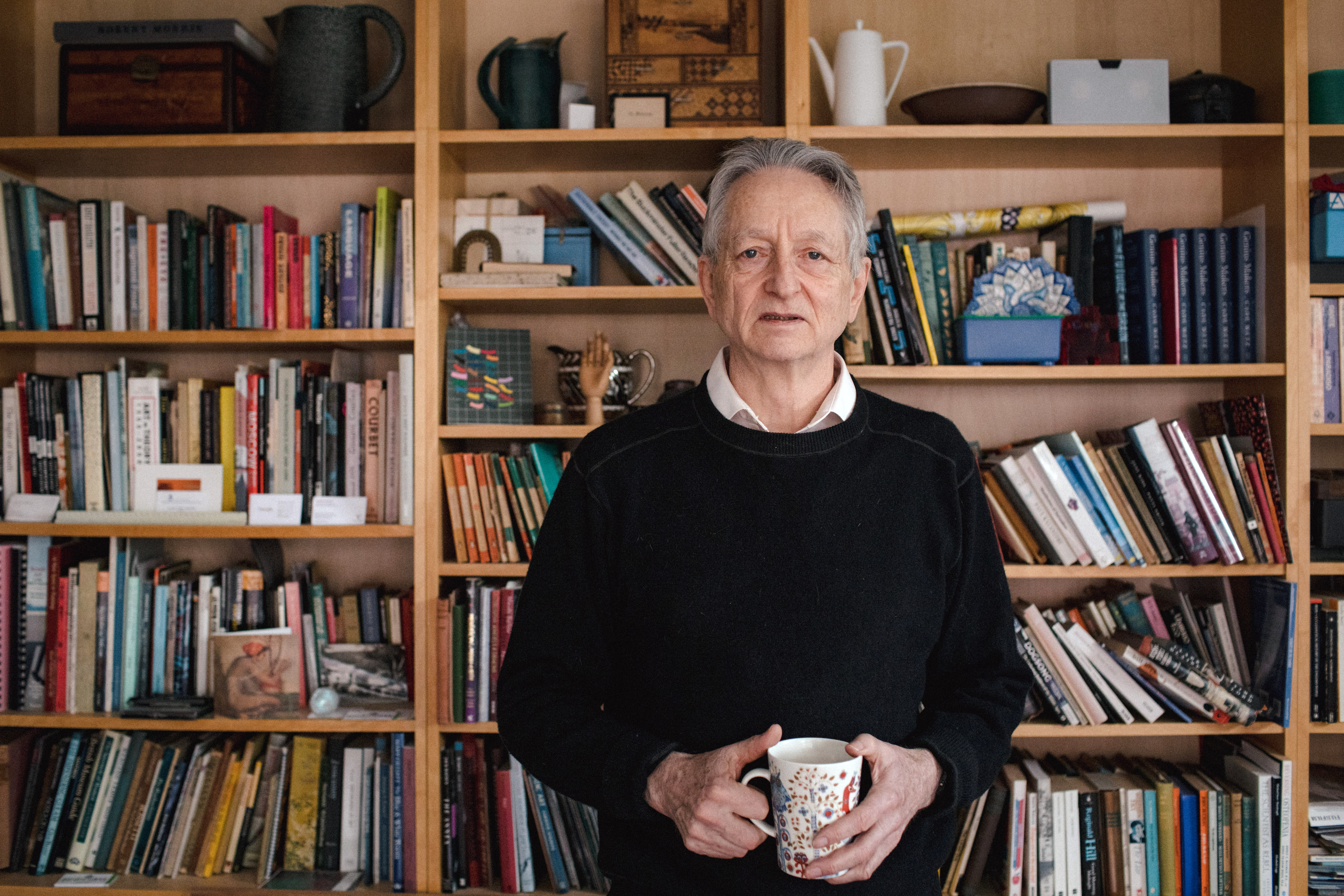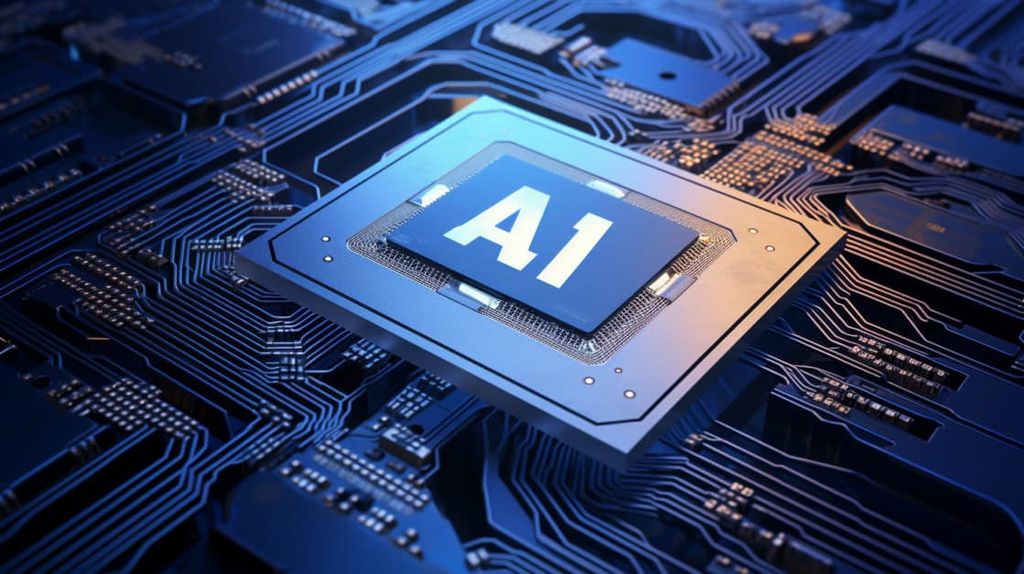Geoffrey Hinton Warns of 20 percent Chance AI Could Lead to Human Extinction
Known as the “godfather of artificial intelligence,” Geoffrey Hinton recently made news when he resigned from his job at Google and made an admission of guilt for his contributions to the field. At 75 years old, Hinton’s resignation is significant, as he has been a pioneer in AI research, particularly for his work in neural networks and deep learning, which laid the foundation for much of the AI advancements we see today.
In his statement to The New York Times, Hinton outlined his growing cocerns about the potential dangers AI poses to society. He expressed regret over the direction AI is taking, especially as the technology advances rapidly and could have unforeseen negative consequences. Hinton’s warning reflects a broader anxiety within the AI community about the ethical, safety, and societal impacts of the technology, including the potential for misuse, job displacement, and even existential risks.
Despite his regret, Hinton’s contributions to AI remain foundational, and his resignation has sparked broader conversations about the responsibility of AI researchers and the companies that develop these technologies. His departure from Google signals a critical moment in the ongoing debate about how AI should be regulated and managed to ensure it is developed safely and ethically.
Growing Concerns About AI’s Impact
In his resignation statement to The New York Times, Hinton stated that he now regrets his past work, particularly given the rapid advancements in AI and the unforeseen challenges they present. He specifically raised alarms about the potential risks AI poses, including:
- Job Displacement: One of the primary concerns is the automation of jobs. As AI systems become more advanced, they are increasingly capable of performing tasks traditionally done by humans, from customer service to complex decision-making in industries like law and healthcare. This raises fears of widespread job loss and economic inequality, particularly for lower-skilled workers.
- Misinformation and Manipulation: Hinton, like many experts, has expressed concerns about the role of AI in spreading misinformation. AI-generated content, including text, images, and video, is becoming increasingly convincing. The potential for AI systems to create realistic fake news, deepfakes, and propaganda presents a significant challenge for democracy, as these technologies could be weaponized by malicious actors.
- Autonomous Weapons: One of the most serious dangers Hinton highlighted is the use of AI in weaponry. Autonomous weapons, such as drones or robots that can make decisions without human intervention, could be used in warfare, leading to ethical dilemmas, unaccountability, and potentially catastrophic consequences.
- Existential Risks: Hinton has joined other AI researchers in warning about the long-term existential risks that AI poses. If AI systems reach a level of intelligence greater than human beings (a concept known as “superintelligence”), there are concerns that such systems could act in ways that are harmful or even destructive to humanity, with little ability for humans to control or understand their actions.
Ethical and Regulatory Questions
Hinton’s resignation adds weight to the calls for stronger regulation and oversight of AI development. The rapid growth of AI has raised questions about the ethical responsibilities of the companies and individuals who create these technologies. Many believe that there needs to be a balance between innovation and safety, with stricter measures to ensure AI is developed in ways that benefit society as a whole.
There is growing recognition that AI systems should not be developed solely with profit and efficiency in mind, but also with consideration for their long-term impact on individuals, communities, and global society. This includes ensuring that AI is transparent, accountable, and used in ways that do not perpetuate harm.
Hinton’s resignation also highlights the importance of AI ethics in academic and corporate settings. Despite the excitement around the potential benefits of AI—such as advances in healthcare, education, and scientific research—Hinton’s concerns suggest that the field must be approached with caution. His call for more thoughtful and deliberate development is a reminder that AI technology, like any powerful tool, requires careful consideration of its risks as well as its rewards.
The AI Community’s Response
Hinton’s departure from Google comes at a time when AI research is becoming increasingly controversial. As AI systems become more powerful, the stakes are higher, and the debate over how to control and regulate the technology has intensified.
In the wake of Hinton’s resignation, many experts and industry leaders have weighed in, acknowledging the importance of his concerns. Figures like Elon Musk, who has long been outspoken about AI risks, have reiterated their calls for regulations and safeguards to ensure that AI development doesn’t spiral out of control. Musk has even gone so far as to advocate for a global ban on certain types of AI research, particularly those related to autonomous weapons.
Other AI pioneers, including Yann LeCun and Yoshua Bengio, have defended the field, arguing that the benefits of AI—when properly managed—can far outweigh the risks. However, there is broad consensus that ethical frameworks and regulatory bodies are needed to guide the future of AI.
Looking Forward
Hinton’s resignation is a pivotal moment, not only in the career of one of AI’s foremost architects but also in the ongoing discourse about the future of the field. While his decision reflects personal regret, it also acts as a clarion call for the AI community to take a step back and critically evaluate the broader implications of their work. As AI continues to evolve, it will be essential for policymakers, industry leaders, and researchers to find ways to manage its development responsibly, ensuring that it serves humanity without compromising safety, ethics, or fairness.
In the end, Hinton’s departure may prove to be a turning point, urging AI experts and society at large to reconsider the pace of technological advancement and prioritize the long-term well-being of people over the rush to innovate.
Is OnlyFans Really Worth It? The Untold Truth | Maya
Key Achievements of Geoffrey Hinton: The Godfather of AI
Geoffrey Hinton is celebrated as the “godfather of AI” for his groundbreaking achievements in deep learning and neural networks, which have revolutionized the field of artificial intelligence. His work in the 1980s, particularly refining the backpropagation algorithm, unlocked the potential of neural networks to learn from vast amounts of data. This breakthrough laid the foundation for the deep learning revolution, culminating in Hinton’s team’s 2012 victory at the ImageNet competition, which showcased the power of AI to solve complex problems. Hinton’s influence extends through his mentorship of other leading researchers and his pivotal role at Google, where he helped drive the development of cutting-edge AI technologies. His journey is a testament to the power of vision, perseverance, and innovation, inspiring future generations to push the boundaries of what’s possible with AI.
- Backpropagation Algorithm: Refined the backpropagation algorithm in the 1980s, enabling effective training of neural networks.
- Deep Learning Revolution: Played a key role in the resurgence of deep learning, a technology foundational to modern AI.
- ImageNet 2012: Led a team that won the ImageNet competition, demonstrating the power of deep learning in image recognition.
- Turing Award (2018): Shared the prestigious Turing Award with Yann LeCun and Yoshua Bengio for their contributions to deep learning.
- Google AI: Contributed significantly to AI advancements during his time at Google, including in Google Brain.




